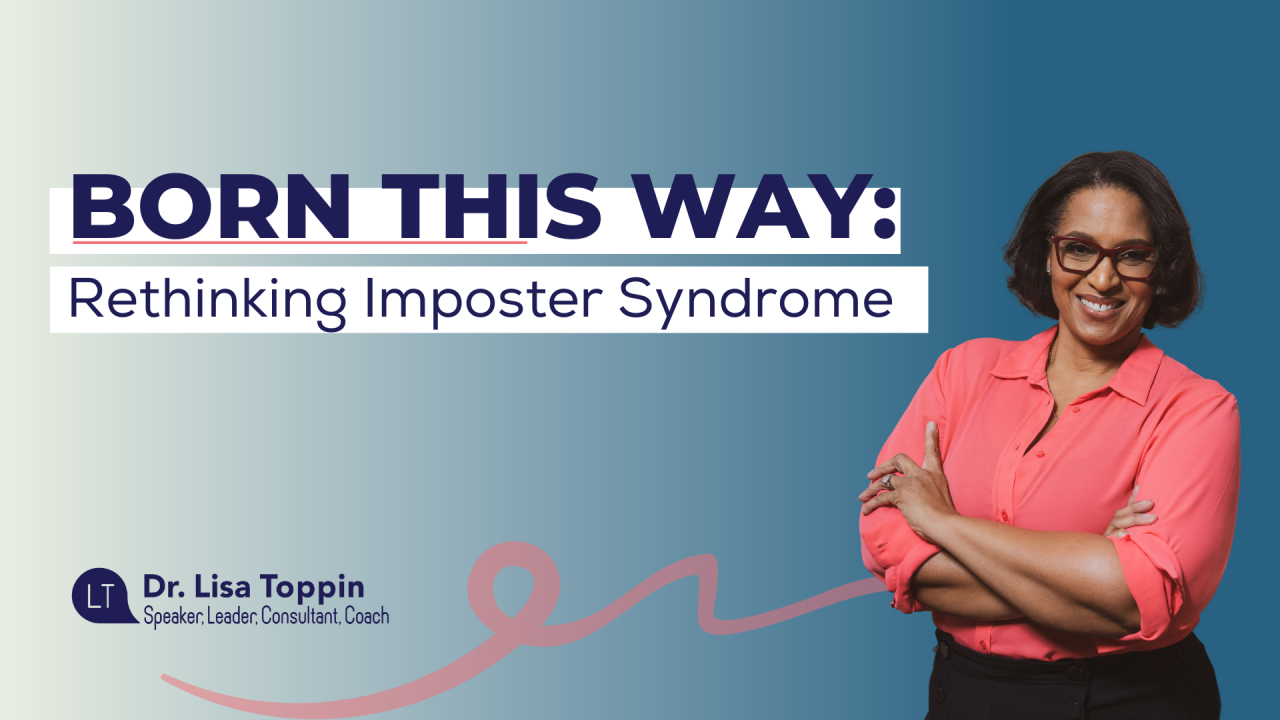Our recent Women in Wealth Management by Carson Group report revealed something striking: 78% of women advisors—nearly 4 out of 5—experience impostor syndrome at some point in their careers. I suspect this phenomenon isn’t unique to women in wealth management. In fact, anyone from a historically marginalized group is likely to experience it. And often, the root causes lie outside the individual.
Imposter syndrome doesn’t simply arise from self-doubt. It’s frequently triggered by environments that signal we don’t belong. When you’re trying to fit into a culture that doesn’t feel like your own, it can stir a sense of inauthenticity. You may adjust your behavior in ways that aren’t aligned with your true self to belong. That, in itself, can make you feel like a fraud.
On the other hand, choosing not to conform—choosing instead to be unapologetically different—can also lead to feelings of isolation. In that case, the message becomes: You don’t fit in because you’re not even trying to. And that too can feel lonely, even if you’re grounded in who you are.
The report also found that women who pursued and earned credentials often found them helpful in combating these feelings. Credentials serve as external validation: a clear, efficient signal to others—and sometimes to ourselves—that we are prepared and credible. If you have access to that pathway, it’s a powerful one. It says: I did the work. I am who I say I am.
But I want to offer you another path—one that’s deeply personal and just as powerful.
It starts with recognizing and honoring your micro-talents. You may overlook or dismiss these quiet skills and traits as unremarkable because they come naturally to you. But they’re far from insignificant. In fact, they are often what make you uniquely you.
The first step to overcoming impostor syndrome is acknowledging these gifts. When you do, you begin to see yourself not as someone trying to fit in, but as someone one-of-a-kind. One-of-a-kinds rarely blend in—and they’re not supposed to. Their value lies in how they stand out. When you own what makes you different, you stop asking, Do I belong here? and start asking, What do I have to offer?
Let me share a story. I recently read about a young woman who majored in history, despite her father questioning the practicality of her choice. Years later, she found herself in a role preserving the history of a community—a job that made her degree, passion, and talent deeply relevant. In that position, imposter syndrome had no foothold. She wasn’t focused on fitting in. She was focused on fulfilling a purpose that aligned perfectly with who she was.
That’s the power of owning your micro-talents.
The second step? Pull those talents forward. Find meaningful ways to put them to use. The more you practice using what’s uniquely yours, the more natural it feels to lead with them. Will the environment always embrace you? Not necessarily. But you will have a clarity of self that shields you from unnecessary self-doubt. You may still question the system, but you’ll stop questioning yourself.
And don’t expect perfection. Expect practice. Expect to get better. Expect to feel more at home in your own skin the more you act from your center. Because while others may be able to do similar work, no one can do it the way you do.
That is what makes you special.
And when you’re special—and you are—you cannot possibly be an imposter.
— Dr. Lisa
🎵 Theme song: “Born This Way” by Lady Gaga

